Black Georgia voters say the Walker-Warnock runoff leaves them with a burden to ‘save the Senate’ again
Share
Explore Our Galleries
Breaking News!
Today's news and culture by Black and other reporters in the Black and mainstream media.
Ways to Support ABHM?
By Curtis Bunn, NBC News
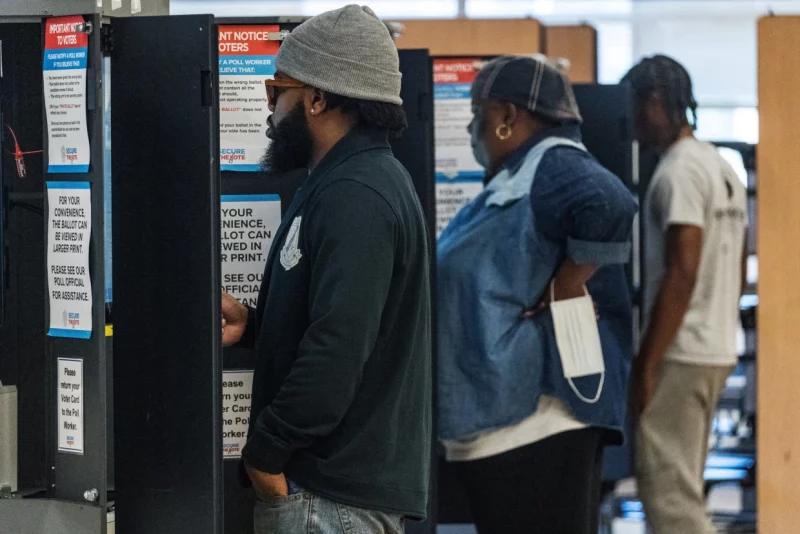
ATLANTA — Aaron Jones took a deep breath when he emerged from the public library on Ponce de Leon Avenue here into the warm Georgia sun after casting his votes in the midterm elections on Tuesday afternoon.
By late that evening, he was anxiety-ridden and befuddled as Democrat Sen. Raphael Warnock was engaged in a tight race with the embattled former football star Herschel Walker, the Republican nominee.
Wednesday morning, Jones was exasperated.
“It’s been stressful,” Jones, an auto body repair supervisor, said. “Not from the standpoint of who I would vote for. But you look at what’s going on in politics and too much of it is not about the people. It’s ugly stuff about one party over the other, and that’s hard to watch and hear every day. But now, after all that, it’s still not over.”
In other elections, Black candidates made history.
Our breaking news section follows elections.
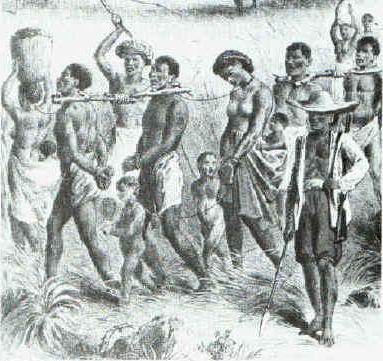
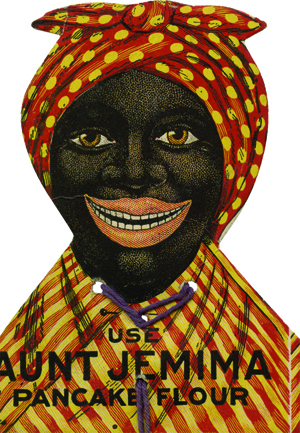
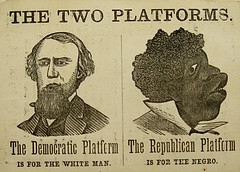
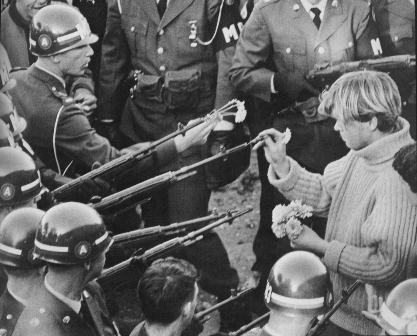
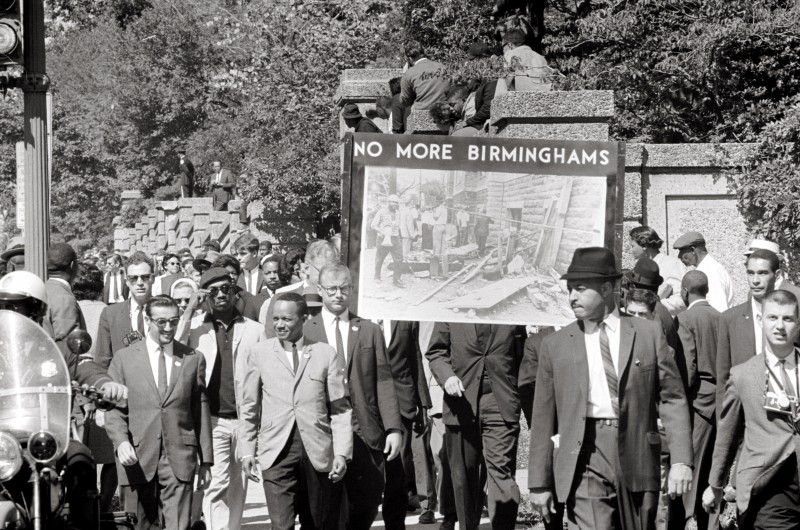
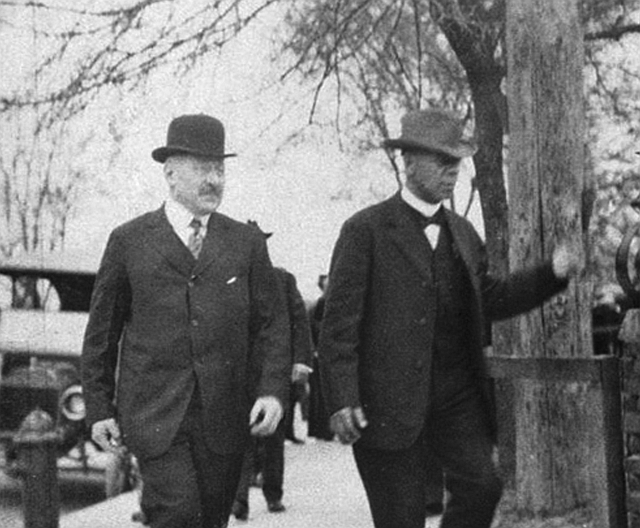
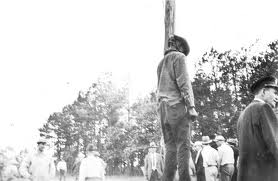

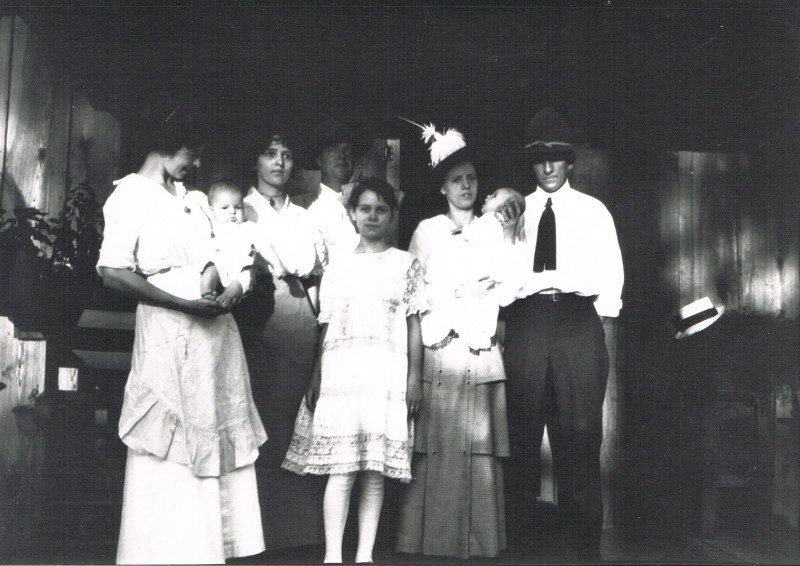
Comments Are Welcome
Note: We moderate submissions in order to create a space for meaningful dialogue, a space where museum visitors – adults and youth –– can exchange informed, thoughtful, and relevant comments that add value to our exhibits.
Racial slurs, personal attacks, obscenity, profanity, and SHOUTING do not meet the above standard. Such comments are posted in the exhibit Hateful Speech. Commercial promotions, impersonations, and incoherent comments likewise fail to meet our goals, so will not be posted. Submissions longer than 120 words will be shortened.
See our full Comments Policy here.